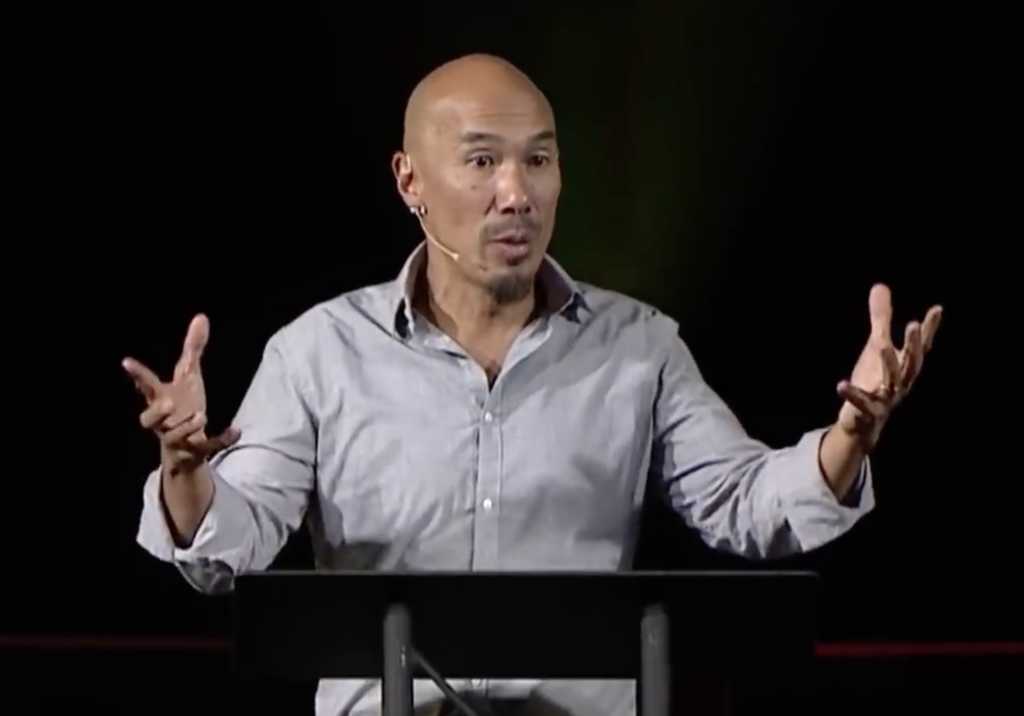Francis Chan caused a bit of stir on social media this week as a clip of the well-known preacher and author sharing a brief history lesson about Christianity and communion spread across the internet.
In the clip, a portion of a sermon posted to Twitter by the preaching resource Sermon Index, Chan called attention to the fact that, historically, many Christians believed in the process of transubstantiation, a big word that essentially denotes the belief that the bread and wine (or juice) taken during communion literally transforms into the body and blood of Jesus when consumed.
“I didn’t know that for the first 1,500 years of church history, everyone saw it as the literal body and blood of Christ,” Chan remarked. “And it wasn’t until 500 years ago that someone popularized the thought that it’s just a symbol and nothing more. I didn’t know that. I thought, ‘Wow, that’s something to consider.’”
Nowadays, the Roman Catholic Church is the only prominent denomination that maintains a theological belief in transubstantiation. During mass, when the priest consecrates the elements of communion — the bread and the wine — Catholics believe they are then transformed into the literal body and blood of Jesus.
Transubstantiation was defined by the Catholic Church at the Council of Trent:
Because Christ our Redeemer said that it was truly his body that he was offering under the species of bread, it has always been the conviction of the Church of God, and this holy Council now declares again, that by the consecration of the bread and wine there takes place a change of the whole substance of the bread into the substance of the body of Christ our Lord and of the whole substance of the wine into the substance of his blood.
The Catholic Church teaches communion is “the source and summit of the Christian life.” However, according to a recent Pew Research Center survey, only one-third of Catholics in the U.S. — 31 percent — believe in the fundamental Catholic doctrine of transubstantiation. By contrast, 69 percent said they personally believe the bread and wine of communion are really just “symbols of the body and blood of Jesus Christ,” which is what most Protestant Christians believe today.
While the information Chan shared is historically accurate, some on social media feared his comments hinted at a coming conversion to Catholicism. Some Catholics, on the other hand, rejoiced over the 52-year-old pastor’s remarks.
Of course, it should be noted Chan said at the outset he is “not making any grand statements” but was just sharing information he “didn’t know” before.
Chan, who is moving to Asia at the end of February, also said that throughout Christian history, it was communion — not the sermon, pulpit, or pastor — at the center of the church.
“Even the leaders just saw themselves as partakers,” he said. “I say that because the church is more divided than at any time in history. What does [the Bible] tell us clearly? That He doesn’t want any division in His church.”



